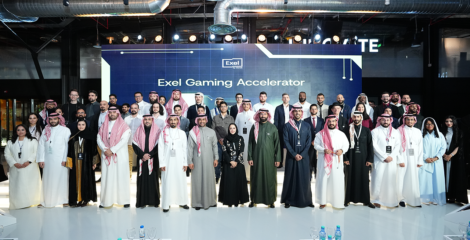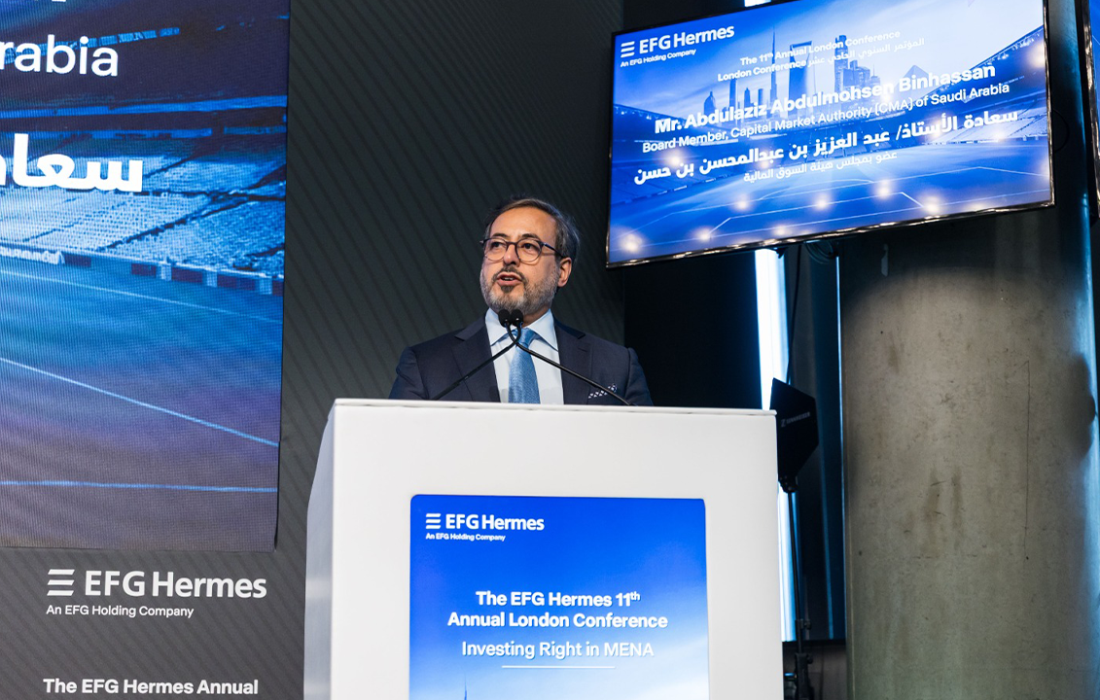- QIA invests in PsiQuantum’s USD 1B Series E to help build commercially useful, fault-tolerant quantum computers at scale.
- Funding will scale Barium Titanate production, essential for ultra-high-performance optical switches powering next-generation quantum and AI systems.
- PsiQuantum plans utility-scale sites in Brisbane and Chicago, deploy prototype systems, and advance its photonic chips and fault-tolerant architecture.
PsiQuantum
Qatar Investment Authority (QIA) invested in US-based PsiQuantum’s USD 1 billion Series E funding round. The round was led by affiliates of BlackRock, along with Temasek and Baillie Gifford. This fundraising values the company at USD 7 billion.
The round also saw participation from Macquarie Capital, Ribbit Capital, NVentures, Adage Capital Management, Type One Ventures, and Counterpoint Global. In addition to 1789 Capital, S Ventures , Blackbird, Third Point Ventures, and T. Rowe Price Associates, Inc.
Founded in 2016, PsiQuantum is a quantum computing company headquartered in Palo Alto, California. Its mission is to build and deploy the world’s first useful quantum computing systems. The company was founded on the premise that commercially valuable quantum computing requires error correction.
Quantum Computing
With the new funding, it aims to further scale up its Barium Titanate (BTO) production to meet the volumes needed for utility-scale quantum computing. BTO is used for ultra-high-performance optical switches which according to the company has potential in next generation AI supercomputers. Additionally, according to the company it is also the missing component for scaling optical quantum computing.
“Only building the real thing—million-qubit-scale, fault-tolerant machines—will unlock the promise of quantum computing. With this funding, we’re ready to take the next decisive steps to deliver the full potential of quantum computing,” said Prof. Jeremy O’Brien, PsiQuantum co-founder and Chief Executive Officer.
Additionally, with the funding, it aims to build commercially useful fault-tolerant quantum computers. With the capital, it aims to break ground on utility-scale quantum computing sites in Brisbane and Chicago. As well as, deploy large-scale prototype systems to validate systems architecture and integration. It also seeks to further advance the performance of its quantum photonic chips and fault-tolerant architecture.
If you see something out of place or would like to contribute to this story, check out our Ethics and Policy section.














